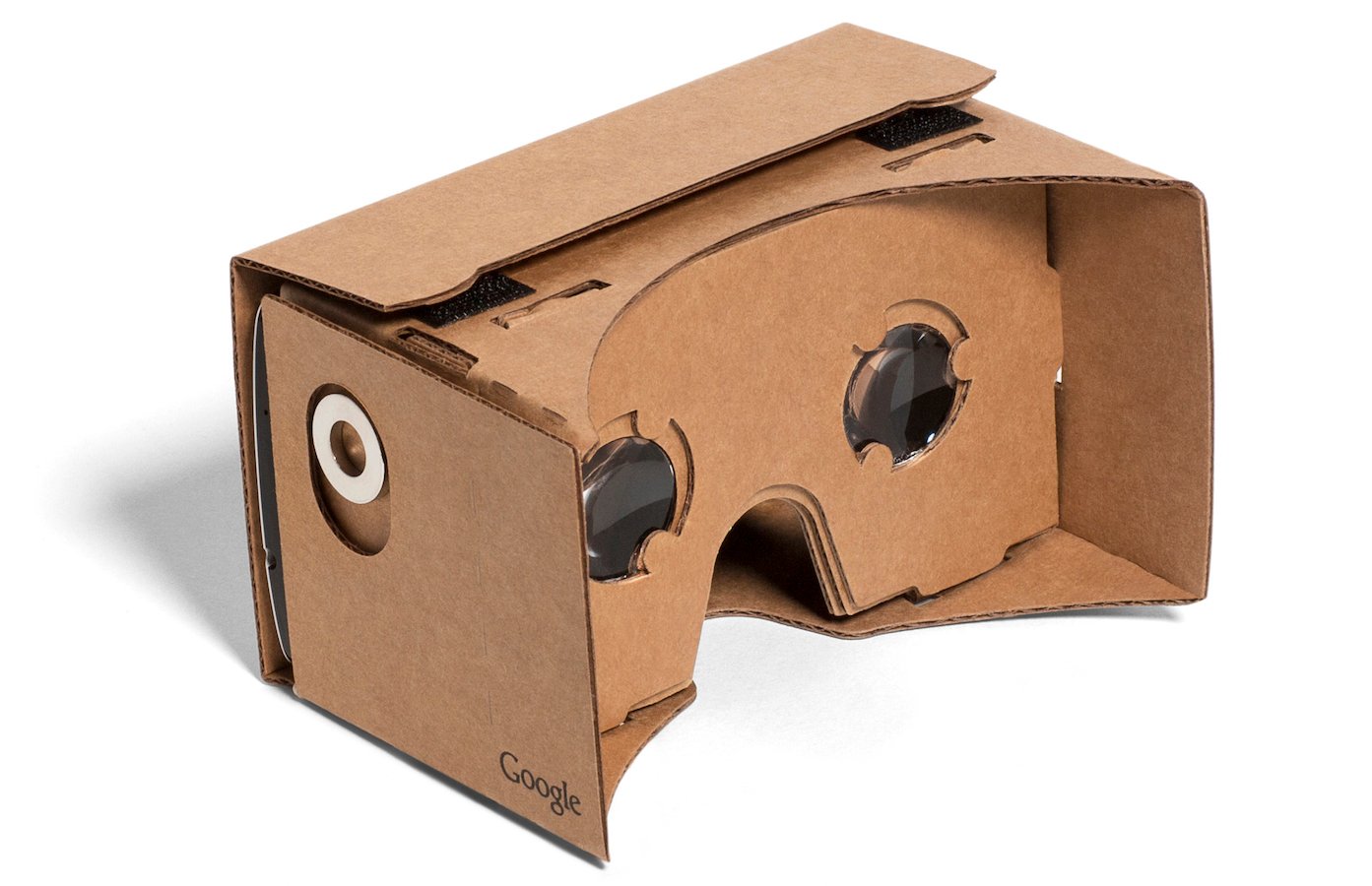It’s technically doable!
With the rollout of high end VR headsets mere weeks away now, and a retail HTC Vive on the way to the Destructoid UK offices imminently, I decided to spend today performing a little experiment. Using only tech I could find around the house and a £25 spending budget, I decided to see if I could join in on the fun with a cheap VR solution for my PC.
It was doable, but it’s far from perfect.
So, what did I use?

Initially, I picked up an unofficial Google Cardboard on ebay for £0.99 shipped, the very lowest of the low end headset options. A set of lenses and some cardboard you have to cut out and fold together yourself, the “headset” is designed for you to slot your phone into and view VR content.
While this did technically work, it barely resembles modern VR headset design and is impractical for PC gameplay. As it does not come with any straps, you need to be constantly holding it to your eyes using one hand. This was not the VR on PC solution I was looking for.
I eventually ordered a Vizor VR headset online for £15, which is pretty much the same device as a Google Cardboard. Swapping out cardboard for plastic modeled after early Oculus dev kits and featuring elasticated straps to hold it on my face, the Vizor combined the cheap elements of the cardboard, with the hands free functions of more expensive headsets.
There are a million different similar headsets, but this is the one I picked up. I could have got a very similar plastic headset from Primark back at Christmas.

Now I know what you’re wondering, where did the rest of your £25 budget go? Well, I picked up an app from the Google Play store for £6.99 called Trinus VR. The app, which is currently only available on Android, emulates VR support for your desktop and allows you to move your mouse with head tracking. This solution allowed me to play non VR games like Portal 2 in VR.
You will notice I did not include the price of a smart phone in this breakdown of price, naughty me. I had an old Samsung Galaxy S4 Mini kicking around in a draw which I primarily used, but a second hand Alcatel One Touch android phone performed equally as well. Any old second hand Android phone should do fine. If you’re like me, a little rooting through cupboards and you’ll already have one around.
And that was it, less than £25 spent and I could play American Truck Simulator, Portal 2 and watch YouTube videos in VR.

Just a warning, the VR experience was a little bit shit.
So, the first issue I came across is that if you use a shit phone for VR, your resolution is going to be a major barrier to using this setup for anything detailed. I could play Portal 2 fine, but finding where my mouse cursor was proved near impossible. The second issue, even with my phone sending data over a USB 3.0 cable rather than over Wi-Fi, my framerate achieved was inconsistent. The sluggish framerate is fine for watching films or slow movements, but fast movements very quickly induced motion sickness.
Also, gyroscope only is not the most reliable tracking solution in the world. When your phone’s internal sensors are the only thing sensing movement, you’ll find that your movements and the game will drift slightly out of sync. Also, you can’t see your keyboard or mouse at all while playing. This may not seem a huge issue, but it does make it really heard to switch between software.
Lastly, cheap plastic VR headsets become painful to wear very, very fast. So, for under £25 I set up VR support on my PC, but as stated it turned out a little bit shit. It’s still cool enough I could impress my mother with it, but it’s no Oculus Rift or Vive, that’s for sure. Maybe I just became too much of a VR snob for Google Cardboard style solutions.


